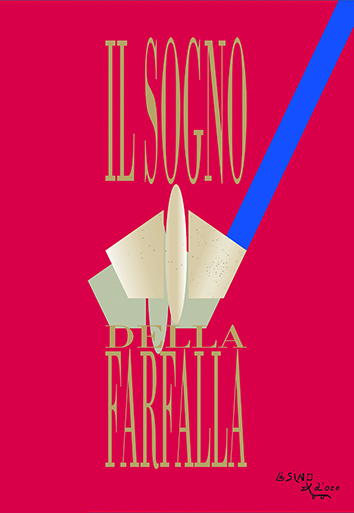The question of dual diagnosis: a research into psychic factors at the origins of addiction
DOI:
https://doi.org/10.14663/sdf.v20i4.214Abstract
The combined presence of psychiatric pathology and drug abuse is constantly proving to be a growing problem in public health. Currently the majority of psychotic patients in the U.S.A. use drugs while the link between the beginning of psychotic episodes and drug abuse is always stronger. In the last twenty years the untenability of the division between psychiatric departments and drug addiction departments has become even more obvious, pushing clinicians and researchers to publish research on the concurrence between psychiatric illness and substance abuse, contributing to construct the paradigm of the dual diagnosis. In this article the authors after succinctly tracing the history of the organization of departments responsible for the intervention on psychiatic illness, drug abuse and addiction in Italy, and having reviewed recent epidemiological research consider and discuss some of the shared interpretations of addiction problems starting from neurobiological paradigm, arriving at the most recent interpretative models which link the transnosographic construct of dissociation to addiction. Based on Massimo Fagioli’s Birth Theory the authors propose a key interpretation in which the depressive intrapsychic processes and relationship patterns, which in adolescence can lead to a patological use of drugs, form in the first year of life in an unsatisfactory relationship between mother and baby where the new born instead of increasing his or her vitality in a developing human relationship moves towards a loss of vitality as a result of annulments he or she has made as a response to a human environment lacking affectivity and repeatedly disappointing.


